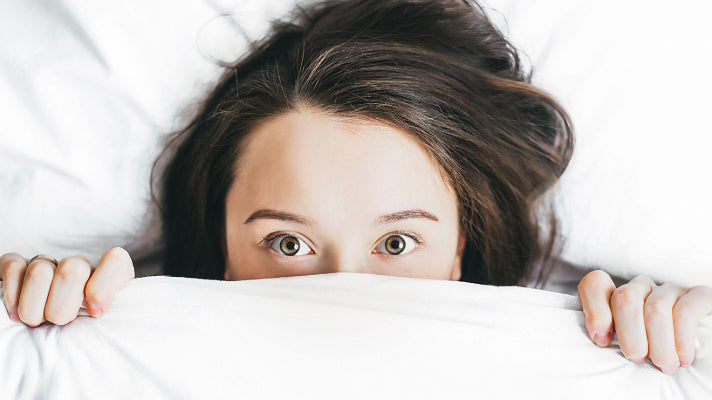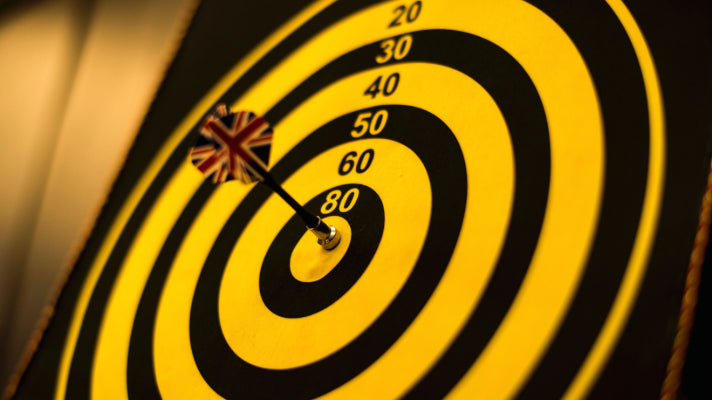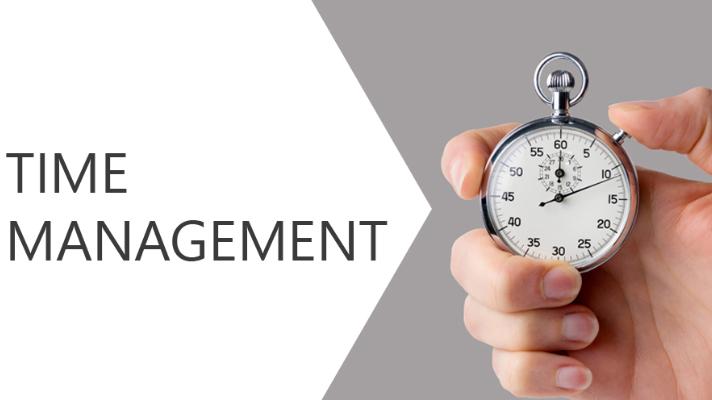Sleep is the most mysterious necessity of the human condition. This quiet physical requirement that regulates how a day starts and ends. How much sleep we get or lack determines how well we function. It can govern our moods, anxiety levels, mental acuity, productivity and overall physical health. Insufficient sleep has been linked to an increased risk in obesity, heart disease and diabetes in adults. I have struggled for much of my adult life with varying degrees of insomnia and an inability to keep a reasonable sleep pattern. I can quite easily find myself still up at 2 or 3 am for no meaningful reason, other than I simply failed to put myself to sleep.
I have always told myself that I do not need that much sleep, but the truth is that I have always known that my body and mind would benefit from an improved sleep routine. When designing the Purpose Planner, building in a sleep tracker was a simple way for me to first and foremost become mindful about sleep. In doing so, I began to think about a better sleep routine that I could implement and now for the most part I try and stick to. If you are one of those lucky folks (like my wife) that can simply close their eyes and end their day, then this may be of little use. But for those of us out there that struggle with sleep, here are a few things that I have found worked for me;
- Increase bright light exposure during the day (get more sunshine)
- Make your room as dark as possible (blackout curtains are an amazing investment) and control room temperature
- Turn off your phone, computer and TV, 30 minutes before you hope to fall asleep
- Avoid caffeine at least 6 hours before bedtime
- Minimize binge-worthy Netflix series’ to twice a week (:0)
- Try a gentle 10-15 min yoga or stretch routine (YouTube) followed by a hot shower before you climb into bed
Track your daily progress in the Purpose Planner. Give these sleep routine ideas a try and perhaps it can help you the way it did for me.




